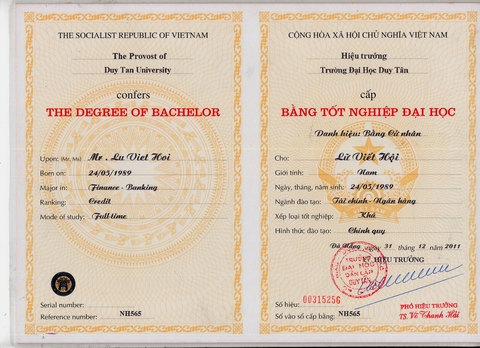
Intelligence is a complex topic that has been debated since ancient times. It has even been defined differently depending on the context, so it’s no wonder that people are often confused about what it means and how to achieve it. But one thing all definitions have in common is the idea of solving problems. So if you want to be more intelligent, start solving more problems!
Intelligence and Problem Solving
Intelligence is all about the ability to solve problems. It’s the ability and quality leadership to see relationships, to understand and apply concepts, and to reason.
It’s not about how much information you can retain or regurgitate. It’s about understanding and using that information to solve problems.
Some people are born with a higher level of intelligence than others. But that doesn’t mean that those with less intelligence can’t improve their problem-solving skills. Click here for indovinelli difficili
Here are some tips for improving your problem-solving skills
1) Practice brainstorming. Brainstorming is a great way to generate ideas and solutions. Get in the habit of brainstorming on a regular basis, and you’ll find that it becomes easier and more natural over time.
2) Be open-minded. When you’re trying to solve a problem, it’s important to be open-minded and consider all possible solutions. Don’t get too attached to any one idea; be willing to let go of it if it doesn’t work out.
3) Break down the problem into smaller pieces. Trying to tackle a large, complicated problem all at once can be overwhelming. Breaking it down into smaller pieces makes it much more manageable – and increases the chances that you’ll find a solution.
4) Practice thinking outside the box. The best solutions are often those that are outside the box – so don’t be afraid to think creatively! If you’re stuck, try looking
Types of Intelligence
There are many different types of intelligence, and it is important to understand the different strengths and weaknesses of each type in order to best utilize each individual’s strengths. Here are some of the most common types of intelligence:
1. Linguistic Intelligence: This type of intelligence refers to the ability to use language effectively. Individuals with linguistic intelligence are good at understanding and using words. They are often good at writing and speaking, and can be very persuasive.
2. Logical-Mathematical Intelligence: This type of intelligence refers to the ability to think logically and solve mathematical problems. Individuals with logical-mathematical intelligence are good at problem-solving, pattern recognition, and reasoning.
3. Spatial Intelligence: This type of intelligence refers to the ability to perceive the world around them clearly and manipulate objects in space. Individuals with spatial intelligence are good at visualizing things, and often have a strong sense of direction.
4. Bodily-Kinesthetic Intelligence: This type of intelligence refers to the ability to use one’s body skillfully. Individuals with bodily-kinesthetic intelligence are good at coordination, balance, and motor skills. They often excel in sports or other physical activities.
5 .Interpersonal Intelligence: This type of intelligence refersto the ability to understand and interact effectively with other people. Individuals with interpersonal intelligence are good at communication, empathy, and social skills. They often excel in leadership roles or occupations that require frequent interaction
Problem-Solving Techniques
There are a number of different problem-solving techniques that can be used in order to intelligence. Some of the most popular and effective techniques include:
1. Breaking down the problem into smaller, more manageable parts. This can help to make the problem seem less daunting and more manageable.
2. Identifying the root cause of the problem. This can often help to prevent future problems from occurring.
3. Brainstorming possible solutions with others. This can help to generate new and innovative ideas.
4. Trying out different solutions and seeing which ones work best. This can help to find the most effective solution to the problem at hand.
Strategies for Improving Your Problem-Solving Skills
There are a number of strategies you can use to improve your problem-solving skills. First, it is important to identify the root cause of the problem. Once you have identified the root cause, you can then start to brainstorm possible solutions. It is also important to consider all of the potential consequences of each solution before deciding on the best course of action. Finally, once a solution has been implemented, it is important to monitor the results and make adjustments as necessary.
By using these strategies, you can continually improve your problem-solving skills and become more adept at finding creative solutions to even the most difficult challenges.
Conclusion
While there may be no one-size-fits-all definition of intelligence, we believe that the ability to solve problems is a key ingredient. Whether you’re trying to figure out a tough math problem or find a creative solution to a business challenge, being able to think critically and come up with solutions is a valuable skill. And while some people may be naturally gifted at problem-solving, anyone can learn how to do it better with practice. So next time you’re faced with a difficult task, don’t give up – remember, intelligence is all about the ability to solve problems.



